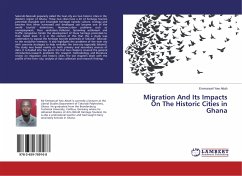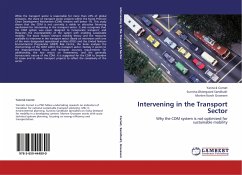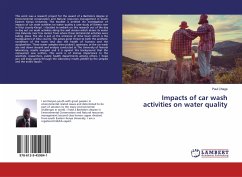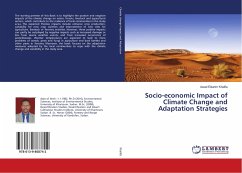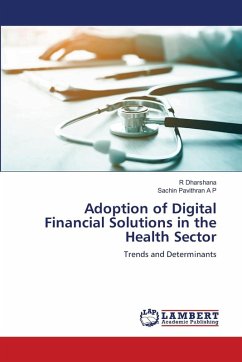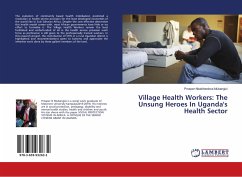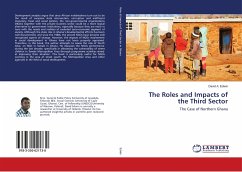
The Roles and Impacts of the Third Sector
The Case of Northern Ghana
Versandkostenfrei!
Versandfertig in 6-10 Tagen
51,99 €
inkl. MwSt.

PAYBACK Punkte
26 °P sammeln!
Development analysts argue that since African indebtedness turn out to be the result of excessive state intervention, corruption and inefficient monetary, fiscal and social policies, the non-governmental organizations (NGOs) together with the private business sector could be a more logical alternative to government institutions, especially because they are more in tune with the needs and realities of excluded socio-economic segment of society. Although the state role in Ghana's developmental efforts has been well documented, and since the 1980s, the private NGOs have become well recognized age...
Development analysts argue that since African indebtedness turn out to be the result of excessive state intervention, corruption and inefficient monetary, fiscal and social policies, the non-governmental organizations (NGOs) together with the private business sector could be a more logical alternative to government institutions, especially because they are more in tune with the needs and realities of excluded socio-economic segment of society. Although the state role in Ghana's developmental efforts has been well documented, and since the 1980s, the private NGOs have become well recognized agents of change. However, the impacts of NGOs involvement in social development in Ghana have not been properly appraised. Therefore, in this book, the author attempts to assess the role of Youth Alive, an NGO in Tamale in Ghana. He discusses the NGOs performance during the last decade; specifically in alleviating the vulnerability of street children in Tamale Metropolitan Area through programme activities aimed at improving their situation. This book is particularly useful for NGOs working in the area of street youth, the Metropolitan Area and other agencies in the field of social development.



